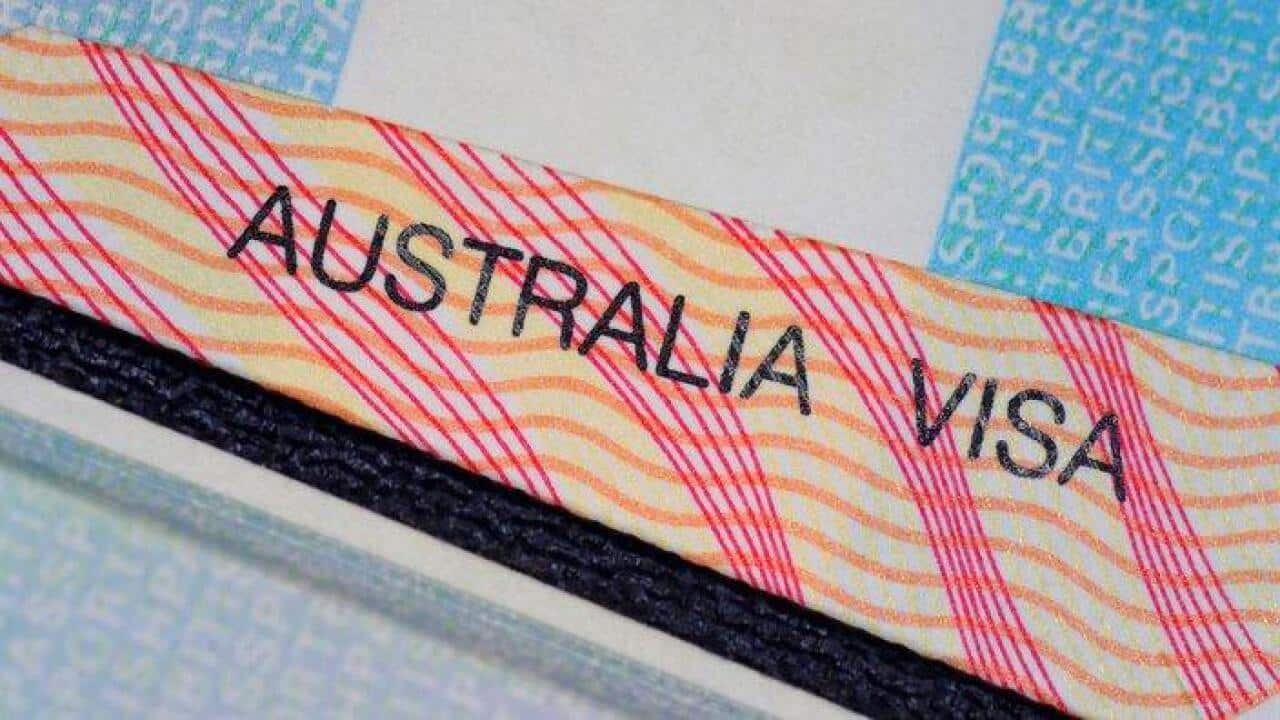AMES, formerly known as the the Adult Multicultural Education Service, says there's a lack of understanding by the Australian population of the contributions made by refugees and migrants to their adopted homeland.
One area of success for migrants and refugees is in small business with data released by CGU Insurance last year showing migrant small businesses are likely to create 200,000 new Australian jobs over the next five to 10 years.
AMES' spokesman Laurie Nowell has told SBS debates over the pros and cons of migration are not new.
"These debates wax and wane and often they're influenced by things that are happening internationally, you know, people are talking about this sort of rise of nationalism and a reaction to globalisation and so on. But I think most people, when they meet a migrant or refugee come to the realisation that they're just like the rest of us, they are human beings, their blood is red and they have hopes and dreams for their children."
The service hopes its publication Refugee Stories: In Their Own Words' will help start a conversation about how refugees and migrants have helped to positively shape Australia, many in the area of small business.
The C-G-U report says a third of small businesses in Australia are run by migrants, even though 83 per cent of business owners having never run a business before.
Migrant business owners are also more successful than their Australian-born counterparts, earning 53 percent more revenue than non-migrant-run businesses.
The Migration Council of Australia predicts that migrant business owners alone are set to contribute $1.6 trillion to the Australian economy by 2050 with 1.4 million people in Australia currently working for a migrant employer.
Carla Wilshire, the chief executive of the Migration Council, says the economic benefits of migration aren't always obvious. "Probably one of the difficulties is the contribution migration makes is probably quite abstract. It has a number of different roles in being a critical levers in terms of the economy, but that can be an abstract concept. One of the things we have to do is remind ourselves we are talking about people coming to Australia to make lifelong contribution, not only their life, but their children's life and grandchildren's life. This is a multi-generational commitment people make."
One of those featured in the book by AMES is Najaf Mazari.
A Hazara from Afghanistan, Mr Mazari learnt the art of rug making and repairing at the age of 12.
He arrived in Australia in 2001 as an asylum seeker fleeing persecution by the Taliban.
Eighteen years later he's established himself in the Australian community, running a successful rug import and repair business.
He says there are many migrants and refugees with skills to offer if given the chance.
We have to show the Australian people we did not just come here to use unemployment money. We want to share tax as well with the Australian people. When I came in 2002 I started my business with no language and no money in my hand, but at least I have a skill and I use my skill in Australia. I have a repairing skill and that is why maybe it was more easier for me and gave me more hope to build my business."
Since World War 1 around eight-million migrants have settled in Australia, including almost one-million refugees.
Among English speaking countries, Australia has the highest percentage of people born overseas at around 26 per cent compared with New Zealand at 23 per cent, Canada with 22 per cent, the United States on 14 per cent and the United Kingdom at 13 per cent.
Kris Pavlidis is the CEO of the Ethnic Communities Council of Victoria.
She says it's in everyone's interests to remember that migration has always occurred throughout human history and helping migrants integrate is to everyone's benefit.
We all have a sense of responsibility I think in welcoming people and integrating people because it is in everyone's interest for the successful interrogation and settlement of any category of migrants. So have we forgotten it? I would overall yes we have. But it is incumbent on us to continue to remind people of what we have in common and stop focusing only and exclusively and in a detrimental way on our differences.








